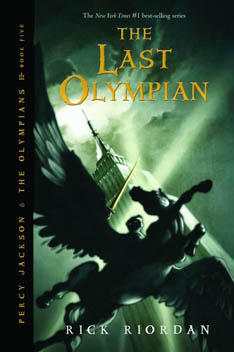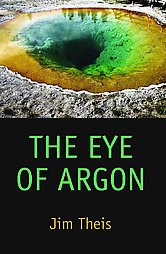 “What do you do when nobody’s making you do anything?”
“What do you do when nobody’s making you do anything?”
His parents are making him meet with me for tutoring in the first place, so why should the kid trust me? I look like any other English teacher to him. No matter what he does when he’s free, he assumes I’ll disapprove. He’ll answer with embarrassment, and be surprised when nothing bad happens.
“And what do you read when nobody’s making you read anything?”
Most of my students, boys and girls both, answer, “Fantasy.” They say that with embarrassment, too, because English teachers are famous for their aversion to fantasy.
Yet when you read around in books about teaching teenagers, or teaching writing, or the intersection of gender and learning, it’s common to find the authors lamenting that fantasy is not just a boy genre (as the reviewer Ginia Bellafante notoriously called it), but the boy genre, the only one their male students read voluntarily. Why does the education community fall into this error? Is it that the girls are able to conceal their preferences better, or that they’re able to stomach the tedious mainstream books they’re assigned better? Or maybe it’s that the kinds of fantasy novels girls prefer are less vexing to their teachers? I don’t know.
I will concede that the boys I tutor tend to be more shut down as learners, and more shut down about literacy, than my female students are. Some education writers have explored this widely observed disparity eloquently and imagined fantasy literature as one of a range of remedies for it. In Boy Writers: Reclaiming Their Voices, Ralph Fletcher implores his English teacher readers, whom he assumes will be mostly female and uniformly hostile to genre fiction, to allow their students to read and write fantasy at school. He takes particular pains to advocate for fantasy stories that incorporate violence.
…
Read More Read More
 It was for his own good, honest.
It was for his own good, honest. “What do you do when nobody’s making you do anything?”
“What do you do when nobody’s making you do anything?”